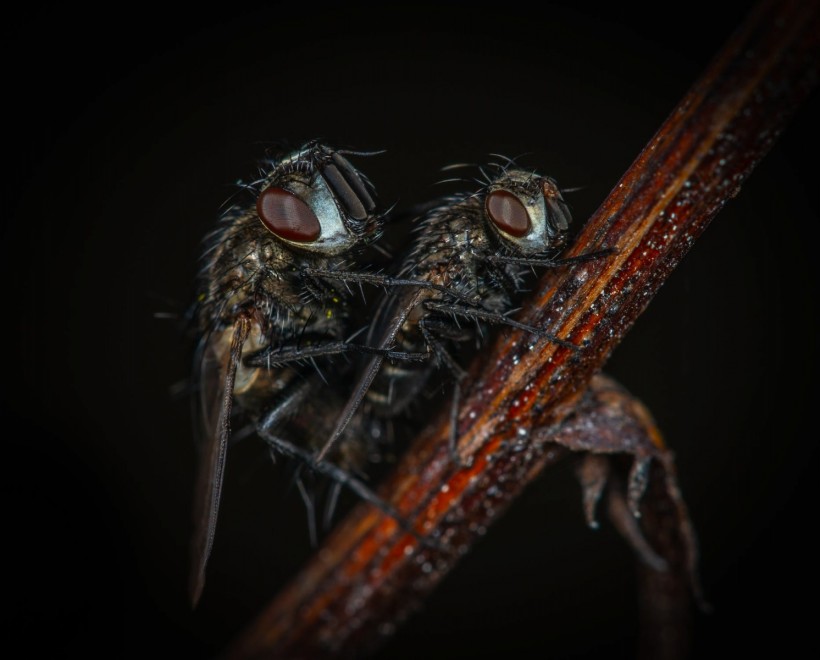Scientists have discovered the effectivity of the process of gene mutation in order for fruit flies to reproduce on their own.
A CNN report said virgin births have already been occurring naturally among various animal species, however, the latest findings have shown how experts had isolated specific genes to make parthenogenesis an inheritable trait in a certain organism.
Parthenogenesis
The study explained that Parthenogenesis generates uniparental offspring having only the maternal genome. This is often referred to as the virgin birth, which was first observed in aphids by Charles Bonnet during the mid-18th century.
Since then, scientists have said that this has been found in almost every phylum. Parthenogenesis was observed naturally in animal species such as snakes, birds, lizards, turtles, sharks and crocodiles.
Research showed that some strains of the fruit fly are known to be capable of parthenogenesis, while others are not.
In the study, the scientists have sequenced the genomes of two types of Drosophila mercatorum, wherein one that can reproduces sexually and the other one which is capable of parthenogenesis.
They used the Drosophila melanogaster in the method, which is a specie that has never been able to show capability of reproducing through parthenogenesis.
But after a series of trial and error, the researchers were able to splice in the correct genes that later result in parthenogenesis for about 11 percent of the female Drosophila melanogaster flies used in the study.
The researchers also discovered that some of the offspring of the Drosophila melanogaster were capable of the parthenogenesis practice, noting that the process could also be passed onto the next generations.
An Aljazeera report noted that if the genetically-engineered flies would gain access and make contact to males, they would reproduce as normal.
Flies are one of the most studied animals for genetic research and this means they could take advantage of more than a century's worth of knowledge.
Read Also: Virgin Births; Fatherless Mice Created in Lab in a Successful Case of Asexual Reproduction
Consequences of virgin birth
Researchers, led by Dr Alexis Sperling, said in a report on The Guardian that switching to virgin birth could be significantly beneficial for the species as this will serve as a reproductive backup for isolated females.
Still, Sperling pointed out that the possible negative impact, and it is that virgin births could reduce the ability of the species to adapt to environmental pressures.
"If there's continued selection pressure for virgin births in insect pests, which there seems to be, it will eventually lead to them reproducing only in this way," Sperling said in the report. "It could become a real problem for agriculture because females produce only females, so their ability to spread doubles."
Sperling also explained that the process could not be useful in mammals even though parthenogenesis had been observed in other animals such as lizards and honey bees.
The lead researcher said mammals often need both the paternal and maternal genomes, noting that the paternal genome was observed to be "dispensable" in species that can undergo the process of virgin births.
Sperling said the success of the study among fruit flies was due to the longstanding use of the insects in research, noting that their genetics are already well-understood.
Related Article: Snake 'Virgin Births' More Common Than Previously Thought, Researchers Say
Related Video:
© 2024 NatureWorldNews.com All rights reserved. Do not reproduce without permission.

![Tsunami Hazard Zones: New US Map Shows Places at Risk of Flooding and Tsunamis Amid Rising Sea Levels [NOAA]](https://1471793142.rsc.cdn77.org/data/thumbs/full/70325/280/157/50/40/tsunami-hazard-zones-new-us-map-shows-places-at-risk-of-flooding-and-tsunamis-amid-rising-sea-levels-noaa.jpg)




